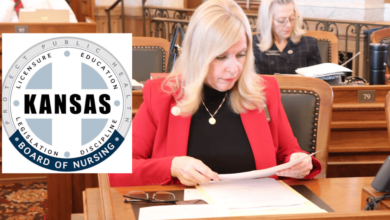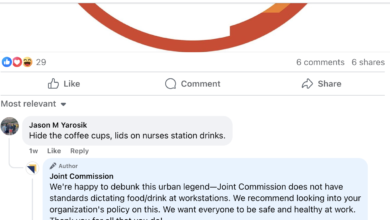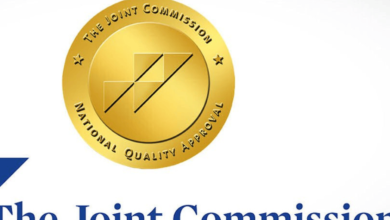The nurse pioneering training for advanced cardiac procedure

A senior nurse who has spearheaded training for her cardiac colleagues has told of the benefits of nurses carrying out a procedure typically performed by doctors.
Dorota Wojcik, senior cardiac catheter laboratory nurse at the Royal Free London NHS Foundation Trust, has been championing nurse-led radial access for angiograms since 2018.
“It was a safe procedure to do with no complications”
Dorota Wojcik
She spoke to Nursing Times about why she first made the case for nurse-led radial access and how she has supported several trusts to adopt the approach.
Radial access is the process of threading a thin catheter through the body’s arteries, using the wrist as an entry point and eventually reaching the heart.
The procedure helps to diagnose and treat conditions including clogged arteries and arrhythmia.
Radial access offers lower risk of complications and improved comfort compared to femoral access, which goes through the leg.
Ms Wojcik first considered the idea of carrying out the procedure herself when she realised doctors often had other duties to complete between procedures.
For example, doctors must complete a report after every case and seek consent for the next patient, which can all be time consuming and cause patients to wait longer to be seen.
Ms Wojcik thought it would be beneficial if band 6 cardiac nurses could get to the radial artery prior to the doctor being in the room so that, when the doctor is ready, the procedure can begin immediately.
“It was just simply an idea of helping out in the lab, getting the flow better,” she told Nursing Times.
“That way, we can also make the patients feel more comfortable so that they are not waiting for too long.”
Ms Wojcik noted that different line insertions had “been happening” already among nurses.
“Nursing roles change all the time,” she said.
“We have here at the Royal Free nurses who do endoscopy and nurses who do flexible cystoscopy.”
After looking into the possibility of nurse-led radial access, Ms Wojcik created a policy for band 6 nurses to be trained to carry it out.
The training included a nurse needing to complete 50 consultant supervised procedures, followed by a further 100 procedures where they can establish expertise.
Trials conducted during the training found that independent successful radial access was achieved in 91% of procedures carried out by nurses and no immediate vascular complications were identified.
Ms Wojick said: “I think the fact that this procedure was standardised, and that we had step by step training, it changed the approach.
“I think the trainees are more satisfied that they know what they’re supposed to be doing.”
When the training was first launched, Ms Wojcik wanted to dispel any myths that giving nurses the power to do radial access could cause more pain for patients or delay the procedure.
She undertook audits to assess the validity of both of these claims and found that nurse-led radial access was actually the least likely to cause pain and was as time efficient as when a doctor did it.
“It was a safe procedure to do with no complications,” she said.
So far, the Royal Free has trained seven band 6 cardiac nurses to undertake radial access, with the aim to eventually train all band 6s to do the procedure.
“I’d never dreamed that this is actually going to take that kind of interest”
Dorota Wojcik
It is not just nurses at the Royal Free who are being offered the opportunity to do the procedure; Ms Wojcik has also shared the idea of nurse-led radial access with other hospitals and has offered workshops to other NHS colleagues.
Nursing Times reported last year on the success of the scheme at Barts Health NHS Trust.
Now the procedure is also being carried out at Lister Hospital, which is run by East and North Hertfordshire NHS Trust, and Royal Brompton Hospital, which is part of Guy’s and St Thomas’ NHS Foundation Trust.
Ms Wojcik said: “To be honest, I never thought that this was going to go anywhere or it’s going to have that interest.
“My primary thought was just to kind of help out and speed up the process.
“I’d never dreamed that this is actually going to take that kind of interest.”







